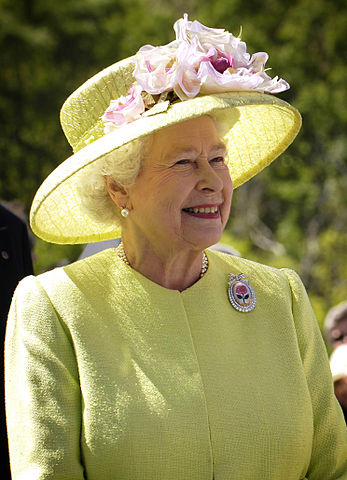Dictatorship vs Monarchy
Dictatorship and monarchy are two forms of governance which share some similarities, but also contain significant differences. Both systems restrict the rights of citizens, but while the head of state in a monarchy is a hereditary role, a dictator takes power by force.
Key Takeaways
- Monarchy is a hierarchical political system where the role of head of state is passed through generations
- Dictatorship is a form of governance where power is centralized in one person, who takes control by force
- Both systems limit citizens’ rights, but monarchy is hereditary while dictatorship is achieved through force
What is a Monarchy?
In a monarchy, the head of state role is hierarchical and not determined through elections. The crown is passed from one generation to another upon the death of the monarch. Titles for monarchs include king, emperor, queen, duke, and duchess. There are currently 44 monarchs in the world, with 16 of these countries being part of the commonwealth. Monarchies can be limited, constitutional, or absolute, and most existing monarchies today are constitutional.
What is a Dictatorship?
In a dictatorship, power is centralized in a single individual who does not inherit the position but instead usurps it through a coup. A dictator maintains power by altering the country’s constitution and suppressing opposition. Dictatorship often emerges when a military commander acquires enough power to depose an elected government. Dictatorship is generally regarded as antithetical to democracy.
Difference between Dictatorship and Monarchy
While both dictatorship and monarchy centralize power in a single person or family, the head of government role is inherited in a monarchy and forcefully acquired in a dictatorship. Limited and constitutional monarchies are more lenient than absolute monarchies, where the royal family has supreme power and the monarch’s word is considered law. In contrast, a dictator can take any title they deem appropriate, while a monarch holds a traditional title such as king, emperor, or queen. In both systems, the people of the country have little say in the affairs of the land and are often considered oppressive.
